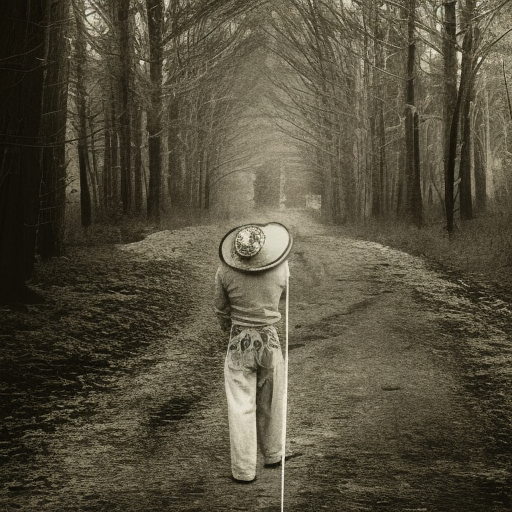Summary: The blues is a genre of music that originated in African-American communities in the United States in the late 19th century. It is characterized by its distinctive chord progressions, lyrics that often express feelings of sadness or melancholy, and the use of instruments such as the guitar, harmonica, and piano. The blues has had a significant impact on the development of various other genres, including jazz, rock and roll, and R&B.
Origins and Influences
The blues has its roots in African musical traditions, which were brought to America by enslaved Africans. These musical traditions evolved and merged with European musical elements, creating a unique style that became known as the blues. The early blues musicians drew inspiration from work songs, spirituals, and field hollers, which were sung by enslaved Africans while they worked on plantations.
Characteristics of the Blues
The blues is characterized by its distinctive chord progressions, often referred to as the 12-bar blues. This progression consists of three chords played over 12 measures, creating a repetitive and hypnotic sound. The lyrics of blues songs often express feelings of sadness, heartbreak, and despair, reflecting the hardships and struggles faced by African Americans in the early 20th century.
Styles of Blues
Over the years, the blues has evolved into various subgenres, each with its own unique characteristics. Some of the most notable styles include Delta blues, Chicago blues, and Texas blues. Delta blues originated in the Mississippi Delta region and is known for its raw and emotional sound, often featuring slide guitar and bottleneck techniques. Chicago blues, on the other hand, developed in the city of Chicago and is characterized by its electrified sound and the use of amplified instruments. Texas blues is a style that emerged from the Lone Star State and is known for its powerful guitar playing and soulful vocals.
Influence on Other Genres
The blues has had a profound influence on the development of various other genres of music. One of the most significant genres influenced by the blues is jazz. Many early jazz musicians, such as Louis Armstrong and Duke Ellington, incorporated blues elements into their music, helping to shape the sound of jazz. The blues also played a crucial role in the birth of rock and roll. Artists like Elvis Presley and Chuck Berry drew heavily from the blues, infusing it with a more energetic and rebellious spirit. Additionally, rhythm and blues (R&B) owes much of its sound and style to the blues, with artists like Ray Charles and Aretha Franklin incorporating blues elements into their music.
Legacy and Impact
The blues continues to be a vital and influential genre of music. Its impact can be heard in contemporary music across various genres, including pop, hip-hop, and alternative rock. The blues has also inspired countless musicians and continues to be celebrated through festivals and events dedicated to the genre. Its ability to convey deep emotions and connect with listeners on a profound level has made the blues a timeless and enduring art form.
In conclusion, the blues is a genre of music that originated in African-American communities in the late 19th century. It is characterized by its distinctive chord progressions, lyrics that often express feelings of sadness or melancholy, and the use of instruments such as the guitar, harmonica, and piano. The blues has had a significant impact on the development of various other genres, including jazz, rock and roll, and R&B. Its legacy and influence continue to be felt in contemporary music, making the blues a vital and enduring art form.












